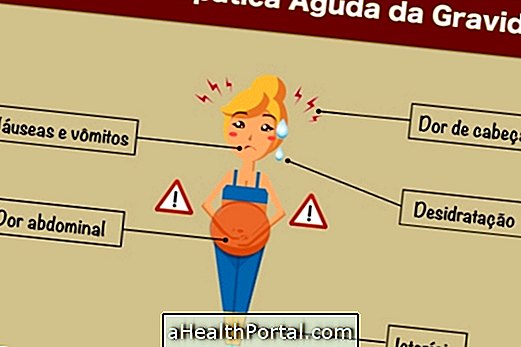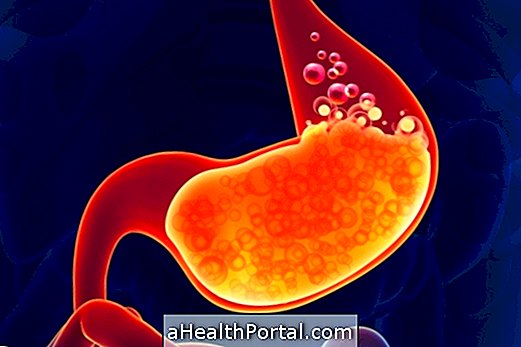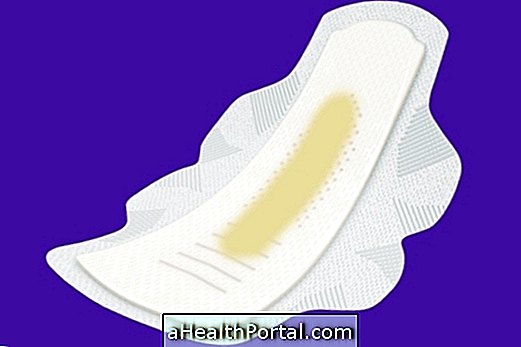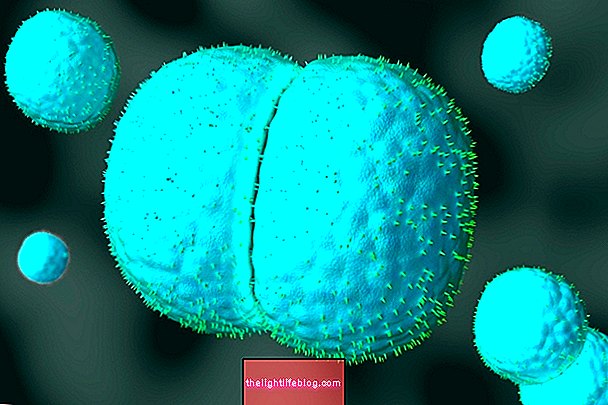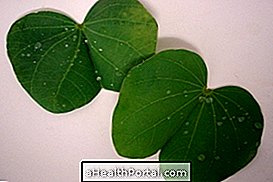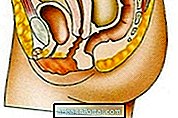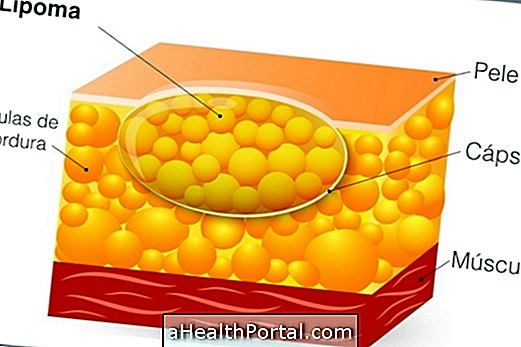Paradoxical diarrhea or false diarrhea is characterized by the outflow of mucus containing small traces of feces through the anus, most often caused by chronic constipation.
In the elderly with chronic constipation and bedridden, very hardened stools can be formed called fecalomas that form a viscous mucus around them. Paradoxical diarrhea occurs when this mucus leaves the anus containing some traces of these faeces, but the hard stools remain trapped inside the intestine.
This diarrhea should not be confused with common diarrhea, because in the case of common diarrhea, the treatment is made with obstipating drugs to harden the stool, which tends to make the situation worse, as these drugs harden even more the feces that are trapped in the intestine, increasing the production of mucus.
Treatment for paradoxical diarrhea
Treatment for paradoxical diarrhea can be done with:
- Laxative medications prescribed by the physician, such as Colonac or Lactulona, for example;
- Increased intake of foods with a laxative effect, such as papaya, kiwi, linseed, oats, or pear, for example;
- Intake of about 2 liters of water per day.
This treatment causes the hardened and dry stools to come out and the mucus is no longer produced.
Useful links:
- Laxative juice
- Foods with laxative effect



